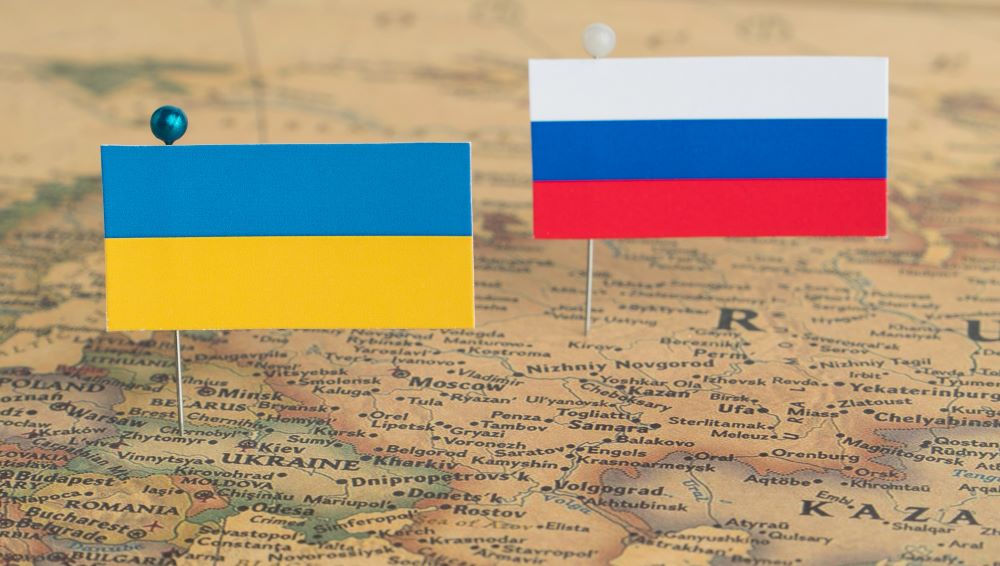
Vladimir Putin has today (22 February) further escalated the crisis in Ukraine by requesting (and gaining) authorisation from Russian legislators to deploy forces abroad.
The move followed his declaration of independence for the rebel-held regions Donetsk and Luhansk yesterday.
Russia has faced widespread condemnation with the UK, EU and US uniting to impose sanctions on the country.
But how will the crisis impact traders in the UK and around the world? The IOE&IT Daily Update here looks at the five major ways the crisis could impact global trade.
1: Sanctions
Prime minister Boris Johnson announced the “first barrage” of UK sanctions against five Russian banks and three billionaires connected to Putin in response to the escalation today.
According to Reuters, the US has prepared an initial package of sanctions that includes barring US financial institutions from processing transactions for major Russian banks.
The EU’s package is expected to be relatively narrow and aimed at those directly involved in the Donetsk and Luhansk regions that Russian troops are said to have entered, reports the FT.
2: Oil and gas
The crisis could have consequences for the trade of oil and gas, food, and essential metals, reports the New York Times.
Europe gets nearly 40% of its natural gas and 25% of its oil from Russia, and the crisis is expected to lead to a further rise in energy costs.
Motorist group the RAC has told the Telegraph that UK motorists should expect fuel prices to rise above £1.50 per litre in the coming days.
RAC representative Simon Williams said: “Russia’s decision to invade Ukraine is already causing oil prices to rise and will undoubtedly send fuel prices inexorably higher towards the grim milestone of £1.50 a litre.
German chancellor Olaf Scholz has also halted the approval process on the €10bn Nord Stream 2 pipeline that was due to deliver more gas to Europe.
3: Food prices
Global food prices, which are at a decade high, could also be affected as Russia is the world’s largest supplier of wheat.
Together with Ukraine, it accounts for nearly a quarter of total global exports.
Ukrainian exports of grain and chicken could also be hit by border blockades while fertiliser production could be affected as the UK is reliant on Russian gas supplies.
4: Markets
Russian stocks have posted their biggest fall since the global financial crisis with the MOEX Russia Index down by 14% and the dollar-denominated RTS Index down 17%, reports the Telegraph.
The Financial Times Stock Exchange in London and Dow Jones in New York have also declined, as the crisis sends ripples through global markets.
Gold, the safe-haven commodity in times of uncertainty, has hit a 13-month peak in value.
5: Firms in Russia
Reuters reports that several western firms with Russian assets or ventures will be especially hard hit by a Russian invasion, naming Shell, BP, Renault, Carlsberg, and various banks.
British firm BP owns a 19.75% stake in Russian oil firm Rosneft and is involved in several joint ventures with Russia’s largest oil producer.
According to Russia Briefing, Jaguar Land Rover and British American Tobacco are among the other British giants that do significant business in Russia.



